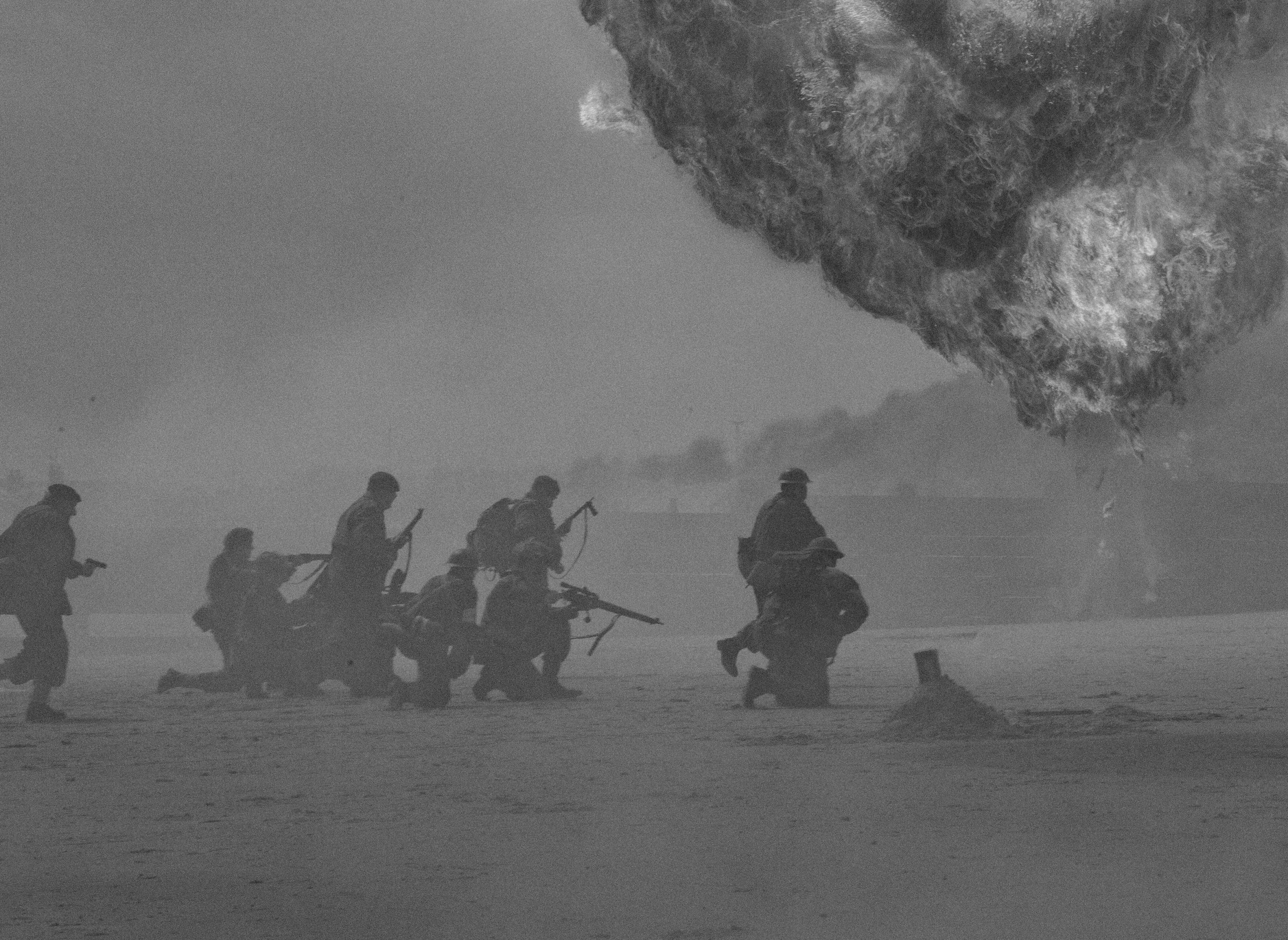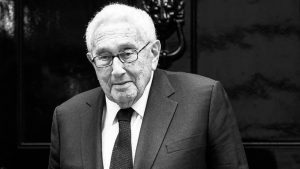Ethiopia’s military announced this week it had “entered into a war” with the northern region of Tigray, leading to fears of a protracted conflict in Africa’s second most populous nation.
Here is what you need to know about the unfolding situation:
Tigray is the northernmost region of Ethiopia and home mostly to the Tigrayan people who make up 6% of the national population of over 110 million people.
It is one of 10 semi-autonomous federal states organised along ethnic lines in Ethiopia.
Also Read: Smooth transition of power in the Gulf in less than 10 days
However, it has long been a centre of power and influence, controlling government for three decades.
In 1975 the Tigray People’s Liberation Front (TPLF) launched a protracted war against the Derg military government in Addis Ababa which they eventually toppled in 1991.
The TPLF then dominated the ruling alliance composed of four ethno-regional parties, until Prime Minister Abiy Ahmed came to power in 2018.
Tigray’s battle-hardened and powerful military also took the lead in Ethiopia’s war against neighbouring Eritrea over disputed border territory which raged from 1998 to 2000.
This war was only declared officially over in 2018 in a peacemaking effort by Prime Minister Abiy Ahmed which won him the Nobel Peace Prize.
The fortunes of the TPLF have waned since Abiy, an Oromo, came to power in 2018, after years of anti-government protests forced his predecessor Hailemariam Desalegn to step down.
Under Abiy, Tigray’s leaders have complained of being unfairly targeted in corruption prosecutions, removed from top positions and broadly scapegoated for the country’s woes.
A year ago, the TPLF withdrew from the ruling coalition after Abiy merged it into the Prosperity Party.
The feud became more intense after Tigray held its own elections in September, defying Abiy’s government which postponed national polls due to the coronavirus pandemic.
Addis Ababa ruled the Tigray government was unlawful and in return Tigray said it no longer recognised Abiy’s administration.
The federal government then slashed funding to the region, which the TPLF said was “tantamount to an act of war”.
In what the International Crisis Group termed a “sudden and predictable” descent into conflict, Abiy said Wednesday that the TPLF had crossed a “red line” and attacked a federal military base in Tigray, forcing a “military confrontation”.
The TPLF accuses Abiy of concocting the story to justify deploying the military against it.
A blackout on communications in Tigray has made it hard to verify the situation on the ground.
However things appeared to have moved fast, with Abiy claiming airstrikes have already been carried out on Tigray military assets and promising more.
Diplomatic sources report shelling and heavy fighting have taken place in the west, including along the border between Tigray and the Amhara region to the south.
Also Read: Faylaq al-Sham: Turkey’s ‘favoured’ Syrian proxy faction
A humanitarian source told AFP of just over 100 fighters being treated at several hospitals in neighbouring Amhara region.
Troops are being moved from other parts of the country towards Tigray, in an apparent attempt to surround Tigrayan forces.
A key question is who is in control of the crucial Northern Command army based in Tigray, one of the most heavily armoured in the country.
A UN source told AFP that an internal security report said Tigrayan forces had control of the base.
While the eyes of the world have been focused on the United States election, alarm is mounting over the prospect of civil war in the country which would pit two powerful armies against each other.
The International Crisis Group warned that unless the fighting was urgently halted, the conflict “will be devastating not just for the country but for the entire Horn of Africa”. Given Tigray has powerful military forces, with an estimated 250,000 troops, a war could be “lengthy and bloody”.
The conflict could also further destabilise the diverse nation which has seen multiple outbreaks of ethnic violence in recent years. Said deputy army chief Berhanu Jula: “We’re working to ensure the war won’t come to the centre of the country. It will end there” in Tigray.
There are concerns a conflict in Ethiopia could reverberate across the already fragile Horn of Africa, with an impact in neighbours Somalia, Eritrea, Djibouti and Sudan.
“Immediate, concerted mediation — local, regional and international — is needed to avert a descent into a broader crisis,” the ICG said.
UN chief Antonio Guterres warned that “the stability of Ethiopia is important for the entire Horn of Africa region.”
It is also unclear what this means for Abiy’s democratic reforms and his wider peacemaking efforts in the region, with elections due next year.
For now he shows no sign of backing down and has defended his actions, saying the military operation has “clear, limited and achievable objectives — to restore the rule of law and the constitutional order.”







